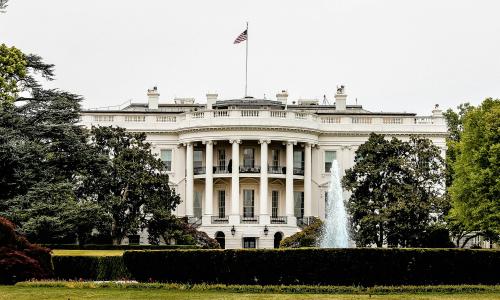Science is at the core of a healthy democracy. But for years, presidential administrations have, in differing ways, sidelined scientific evidence and attacked scientific integrity.
Due to the large number of attacks on science we’re seeing from the second Trump administration, we are currently providing regular summaries of documented attacks.
- Science Under Fire in Washington (June 12, 2025)
- The State of Science at 100 Days: Co-Opted, Hindered, and Undermined (May 8, 2025)
- A Backward March: Another Month of Attacks on Federal Science (April 2, 2025)
- A Hundred Attacks and Counting: What Happened to Federal Science in February (March 12, 2025)
- How Science Has Fared in the First Two Weeks of the New Trump Administration (January 30, 2025)
Below is the list of documented attacks on science that occurred under the four previous administrations. They include disappearing data, silenced scientists, suppressed studies, and other assaults on science-based policy. More information on these attacks can be found in our peer-reviewed study and in our data repository.
Attacks on science

EPA Air Pollution Decision Threatens Public Health

Hushing Up the Health Hazards of Climate Change

Mining Agency Buries Streams and Science

Federal Agency Doesn't Give a Hoot about Owls

White House Sidelines Science in Regulating Ozone

Agencies Pressured Not to Warn Mechanics about Asbestos

Federal Agency Fails to Protect Children from Lead Lunches

Designated Spokesperson Required for Polar Bear Travels

Manipulation of Global Warming Science




